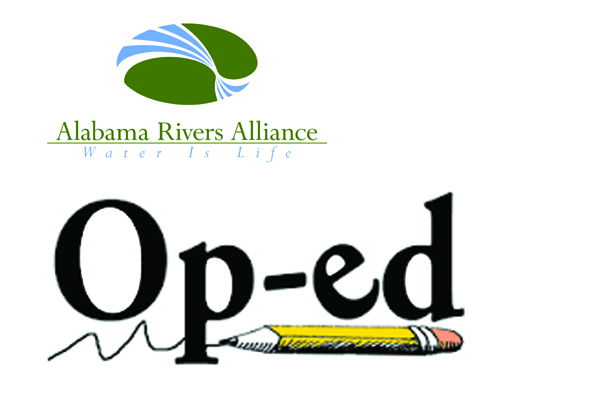Drain the swamp? We need a new metaphor and a state water plan.
Click here to read this op-ed on al.com.
By Stephen Stetson and Ben Ferrill, members of the Board of Directors of the Alabama Rivers Alliance. Stetson is an attorney and policy analyst at Alabama Arise, a statewide anti-poverty organization, and Ferrill is a geologist and planner with the City of Huntsville.
Swamps are getting a bad rap.
Most people think of swamps as murky places where horror movies might be set, or maybe a reality television show that showcases the lives of rural people in Louisiana. More recently, one of Donald Trump’s most popular campaign promises was to “drain the swamp” in Washington, D.C.
This phrase has quickly become a shorthand way to describe ethics reform — cleaning up corruption and the embedded lobbyists in our system of government. As a metaphor, it had lasting power because it conjures the idea of using engineering to bring “progress” to pools of water where malarial mosquitos could breed.
However, it’s time to come up with a new metaphor. Swamps are home to many amazing forms of life, and they serve an important ecological function. Draining them can trigger incalculable unintended consequences.
Here in Alabama, where we’re in the throes of a horrifying drought, beset by wildfires and water shortages, we need more swamps, not fewer. And we need more marshes, streams, lakes, creeks and ponds too.
Alabama has more than 132,000 miles of streams and rivers with more types of plants and animals living in them than any other state in the nation. We have fast-flowing rivers in shady forests, and we have larger shoals that splash across bedrock. Below the fall line, we have deep and muddy rivers that seem to creep towards the ocean, where they can form wetlands and even a few swamps.
In his 2013 book, Southern Wonder: Alabama’s Surprising Biodiversity, Scot Duncan writes about the various kinds of life forms that populate these ecosystems. Many of these are now endangered due to the persistent drought – and the lack of a statewide water plan to effectively manage our resources. With drought conditions projected to last into the spring, we need a water plan more than ever. When people can suck as much water as they want out of our rivers – already low from the lack of rain – disastrous consequences could ensue.
It remains too early to tell what the new administration’s Environmental Protection Agency will do, or whether Congress will attempt to tinker with the Clean Water Act, which is the backbone of federal statutory water protection. But there’s nothing preventing our state-level officials from finalizing a plan to at least monitor how much water is being sucked out of our state’s rivers – essentially gathering base-level information about who is literally draining our swamps (and streams), and how quickly.
All eyes are on Gov. Bentley’s administration and the Alabama Department of Environmental Management. Will we produce a workable water use plan, or not?
As for Trump’s favorite metaphor for ethics reform, it’s out of date. For previous generations, there may have been some value to draining a swamp or two. Such feats of engineering made large parts of Florida habitable and open for development. Without swamp draining, we wouldn’t have Disney World.
But we now know that there are ways to develop land that don’t require habitat destruction, and there are ways to protect Alabama’s ecosystems that are compatible with economic growth.
Thanks to marine biologists, we now have much greater understandings of the kinds of life that can flourish in wetlands and swamps. These kinds of water systems have even been described as crucial defenses against natural disasters.
Fast-moving whitewater may be photogenic and attract kayakers, but a quiet bog has its own kind of beauty, and is equally deserving of protection.
Trump is right about at least one thing: Let’s clean up corruption, wherever we may find it. But let’s hold off on draining any swamps, and let’s put a sensible plan in place to regulate water consumption in Alabama.


